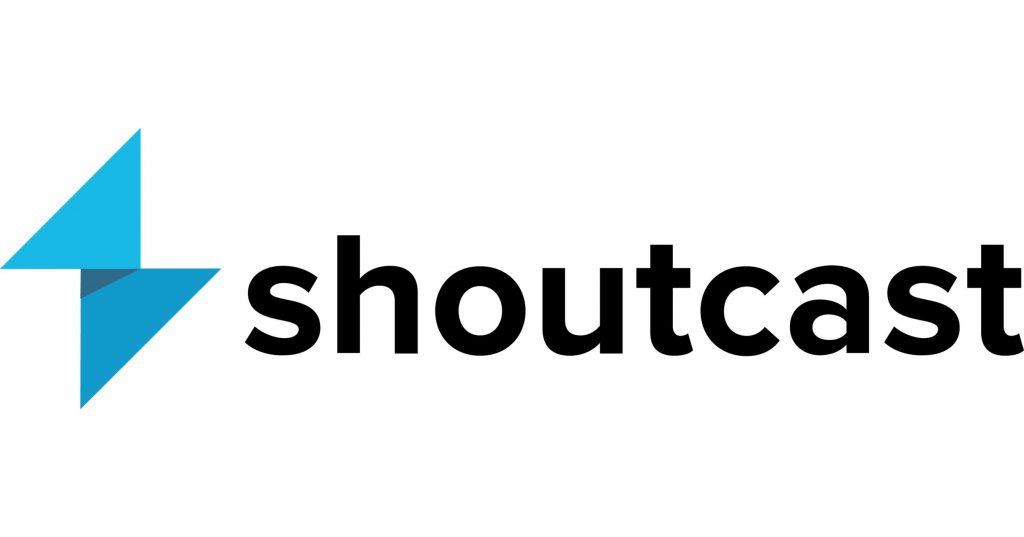Shoutcast is not pretty, but it’s real. A piece of software that feels a bit like the early internet itself — rough edges, weird menus, but freedom inside. It gave people the chance to broadcast from a bedroom PC to the whole world, no record label or big studio needed. Honestly, that’s still magic to me.
How It Began
Late 90s, internet was noisy and slow, but Shoutcast arrived with a simple trick: take your playlist, connect it to a server, and boom, you’re on air. Back then, Winamp was king and Shoutcast was its sidekick. A lot of hobbyists became “radio hosts” overnight. Some stations vanished in weeks, others stuck around for years. It was chaotic, but fun.
Why People Stick With It
Because it works. You don’t need fancy dashboards or shiny buttons, just the basics — source, server, stream. Listeners click a link, music plays. Done. Sure, the interface looks like something from Windows 98, but it doesn’t really matter. Reliability beats style when your only goal is to push sound out into the world.
The Culture Around It
Shoutcast helped build a strange underground of tiny stations. Some played techno all night, others gospel sermons, some just random mixes. A lot of those stations were run by people with zero budget but a ton of passion. Even now, you can fall into a Shoutcast directory and find something weird, cool, or completely random that Spotify would never show you.
Still Relevant?
Yeah, even today. Big platforms rule charts, but Shoutcast is still alive in the background. Independent radio folks love it — it’s cheap, flexible, and doesn’t ask you to sell your soul to a company. Many online radio directories still list Shoutcast streams, so discovery is not dead. It’s old tech, sure, but not useless.
Pros & Cons of Shoutcast
- Pros:
- Free to start, lightweight, doesn’t eat resources.
- Gives full control — your music, your rules.
- Runs on old hardware just fine.
- Huge existing ecosystem — many players and directories still support it.
- Perfect for niche stations and hobby projects.
- Cons:
- Interface feels like a time capsule from 1999.
- No fancy analytics, you get basics at best.
- Setup can confuse non-technical users.
- Competition from modern platforms with slick tools.
- Not always the best option if you want to scale big and commercial.
Final Words
Shoutcast isn’t about polish. It’s about letting anyone broadcast, simple as that. Some call it outdated, I call it honest. While shiny new platforms chase profit, Shoutcast just keeps humming quietly, running countless streams for whoever wants to listen. And sometimes, that kind of stubborn survival is exactly what makes it cool.



